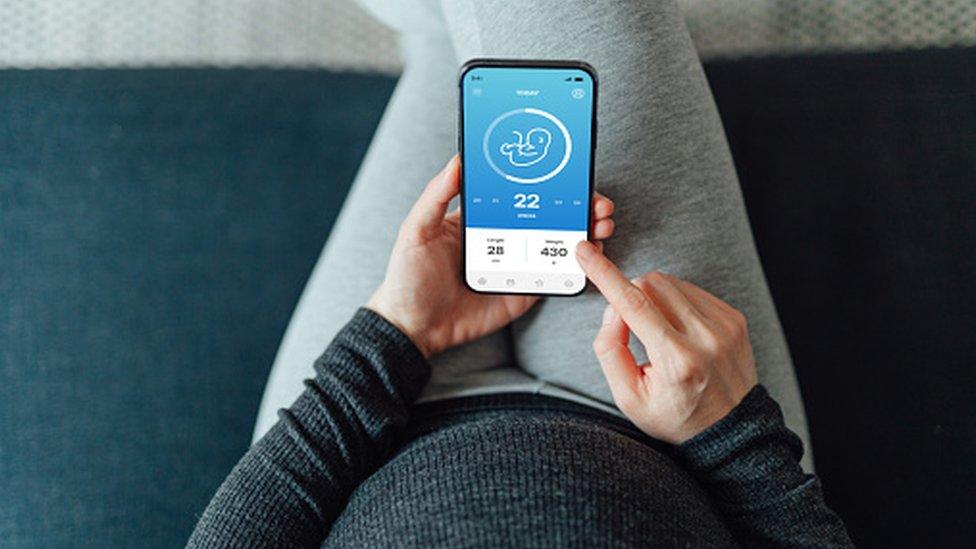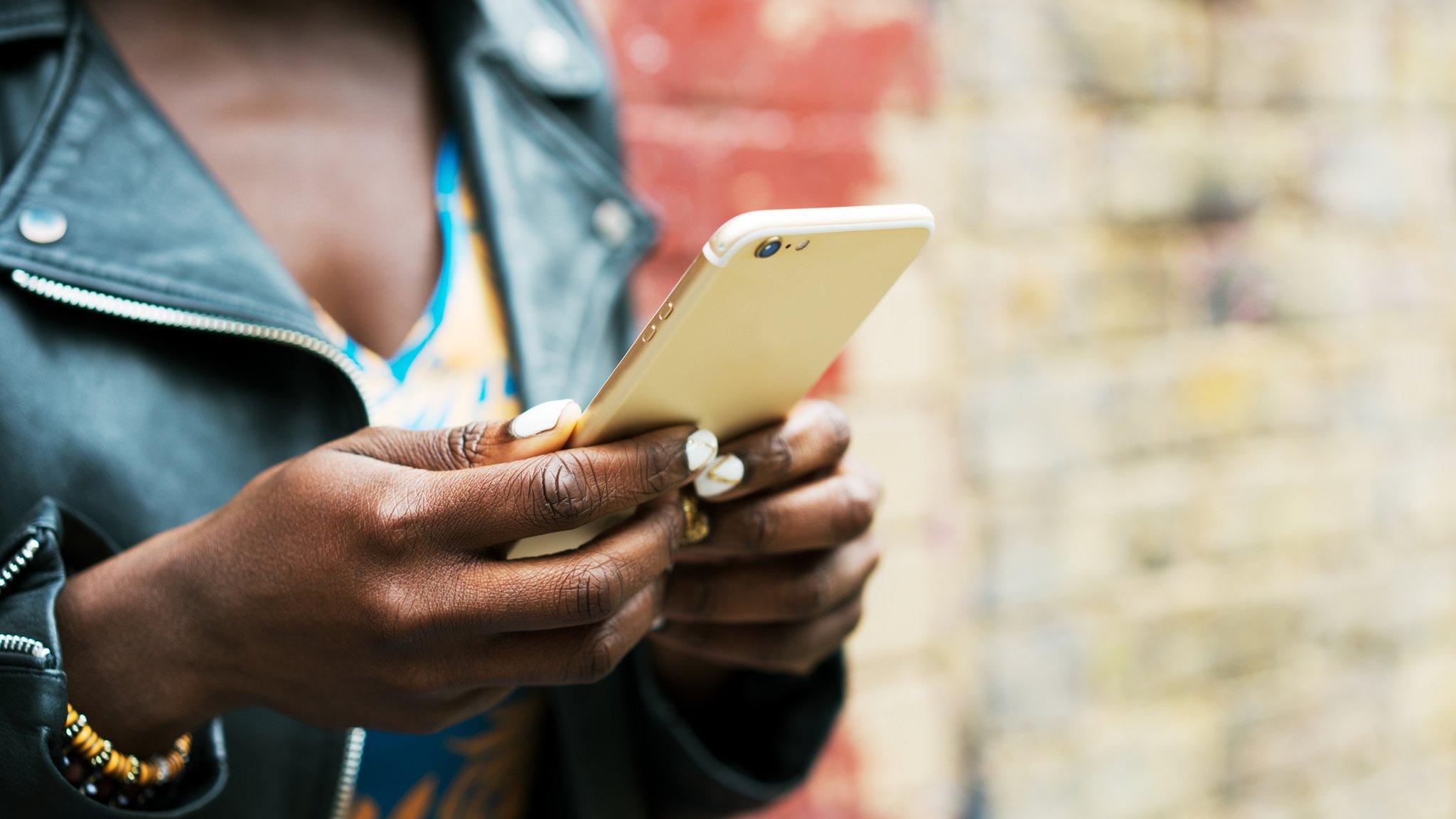Kochava faces legal action over sale of location data
- Published

A US consumer watchdog has begun legal action against a firm that allegedly sold location data that some fear could help identify people having abortions.
The Federal Trade Commission (FTC) claims Kochava Inc, external sold data from hundreds of millions of mobile devices.
It says the data could reveal visits to reproductive-health clinics, as well as places of worship, domestic-violence shelters and addiction services.
Kochava says it abides by privacy rules and criticised "frivolous litigation".
The FTC alleges that the firm's data feeds allowed purchasers to identify and track specific mobile-device users.
Having analysed a publicly available sample of data from Kochava, the commission says it would be possible to identify people who have visited a reproductive-health clinic and could also help identify medical professionals who perform, or assist in the performance, of reproductive health services.
It says the release of data could expose individuals to "stigma, discrimination, physical violence, emotional distress, and other harms".
'Consenting consumers'
The company, founded in 2011, says on its website that it "complies with all user data privacy and consent regulations".
And earlier this month it unveiled, external Privacy Block, technology that it says will remove health-services location data from its data marketplace.
In a statement given to the BBC, Kochava's Brian Cox said the lawsuit revealed a "fundamental misunderstanding" by the FTC of how the firm's data business worked.
Mr Cox said all its location data was supplied by other companies - "third-party data brokers, all of whom represent that the data comes from consenting consumers".
According to the statement, Kochava was constantly monitoring and adjusting its technology to block location data from other sensitive places.
"Real progress to improve data privacy for consumers will not be reached through flamboyant press releases and frivolous litigation," Mr Cox added.
Abortion fears
Concern about the tracking of individuals to reproductive-health clinics has risen following a US Supreme Court ruling that effectively opened the door for a number of states to ban abortions.
Campaigners have said they fear data could be used to help track and assist in the prosecution of women who have abortions.
In July, Google said it would delete location data that could be used to reveal when someone visited an abortion clinic.
Vice magazine has previously reported, external on data available from other brokers, which it says could be used to track visits to clinics.
Announcing the legal action, the director of the FTC's bureau of consumer protection, Samuel Levine, said: "Where consumers seek out health care, receive counselling, or celebrate their faith is private information that shouldn't be sold to the highest bidder.
"The FTC is taking Kochava to court to protect people's privacy and halt the sale of their sensitive geo-location information."
Related topics
- Published7 May 2022

- Published28 June 2022
